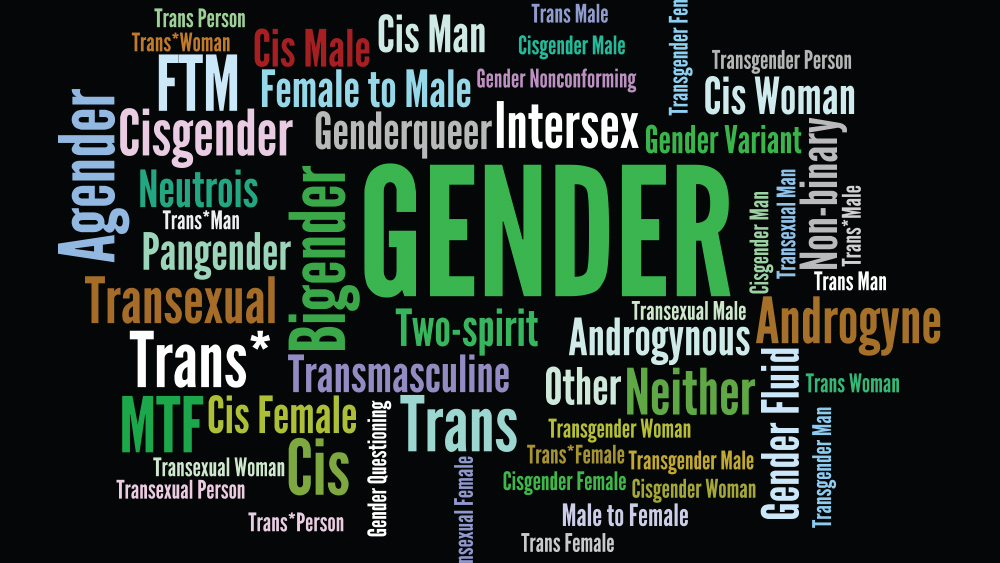 Parler
Parler Gab
Gab
- A Lazarsfeld survey finds that 61 percent of Austrians no longer care if the ruling coalition collapses, reflecting deep societal discontent, with many viewing the country as a "lost cause."
- Rising inflation, unchecked immigration and political scandals such as misuse of taxpayer funds for luxury cars and foreign aid have exacerbated public anger, leaving households struggling financially.
- A spike in violent crime, Islamic radicalization (e.g., a teenage ISIS recruiter's trial) and inadequate government responses have heightened fears, drawing parallels to past cycles of extremism.
- Austrians recall post-WWI hyperinflation and 1930s extremism, seeing similar patterns as economic hardship fuels social fragmentation and institutional distrust.
- Public apathy signals a collapse of faith in leadership, with experts warning that without urgent reforms, Austria's descent into irreversible distrust may mirror broader Western democratic decline.
Vienna's broken institutions fuel crisis of legitimacy
These scandals, compounded by a surge in violent crime and extremist activity, have shattered any remaining public patience. But historical context amplifies the gravity of Austria’s crisis. The country, still haunted by memories of post-WWI hyperinflation and the rise of extremism in the 1930s, now sees eerie parallels as economic instability fuels social fragmentation. The bloody attack in Graz and the trial of a 16-year-old ISIS supporter in Linz mirror past cycles where desperation bred radicalism, a trend policymakers appear ill-equipped to counter. Meanwhile, the government’s reactive, crisis-to-crisis governance style has eroded faith in institutions – echoing the populist disillusionment that swept Europe during the 2015 migration crisis. The public’s apathy is not passive resignation but a damning indictment. When nearly two-thirds of citizens no longer care if their leadership collapses, it signals a collapse of legitimacy itself. As Society for Personality and Social Psychology President Brenda Major notes, political disillusionment often stems from the "social, cognitive and emotional dynamics" of betrayal – a sentiment now palpable in Austria. Austria's crisis serves as a cautionary tale for Western democracies. When leaders prioritize optics over survival, and privilege over the people, the result is not just discontent but dissolution. Without urgent course correction, the nation's descent into distrust may become irreversible. Watch Del Bigtree and Dr. Maria Hubmer-Mogg discussing Austrian protests against COVID-19 tyranny in this clip. This video is from The HighWire with Del Bigtree channel on Brighteon.com.More related stories:
Austrians reject digital currencies, demand "right to cash payments." American distrust in deceptive mainstream media hits an all-time high. Fully 80 Percent of Americans have lost trust in the government ... Only one-in-five still think government can solve all their problems. Sources include: InfoWars.com EuropeanConservative.com Exxpress.at Brighteon.comTeen girls sue Oregon over transgender athletes in women’s sports: A fight for fairness
By Ava Grace // Share
EU faces internal rebellion as Slovakia warns of collapse without Russian resources
By Belle Carter // Share
By News Editors // Share
Herbal medicine meets modern medicine: A synergy shaping healthcare’s future
By Willow Tohi // Share
Health Ranger Report: Marjory Wildcraft explains why off-grid survival skills are important
By Kevin Hughes // Share
Humanitarian city or concentration camp? Controversy surrounds Israel’s Rafah plan
By Belle Carter // Share
Governments continue to obscure COVID-19 vaccine data amid rising concerns over excess deaths
By patricklewis // Share
Tech giant Microsoft backs EXTINCTION with its support of carbon capture programs
By ramontomeydw // Share
Germany to resume arms exports to Israel despite repeated ceasefire violations
By isabelle // Share










